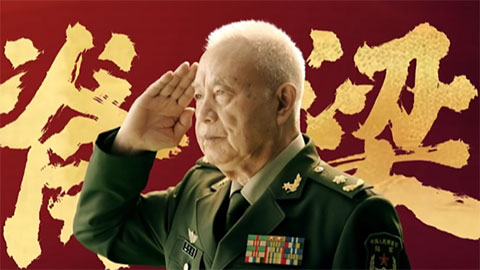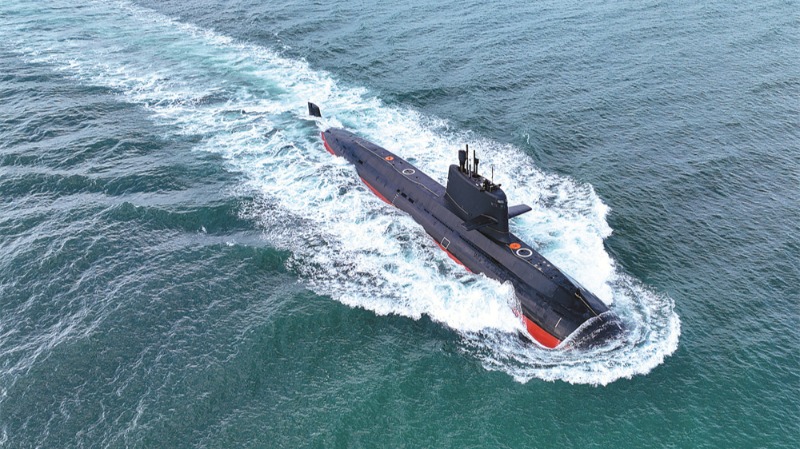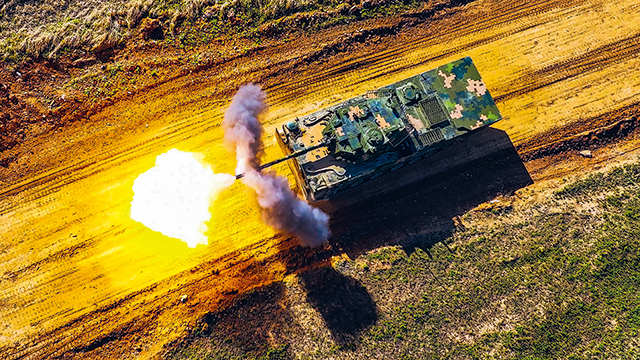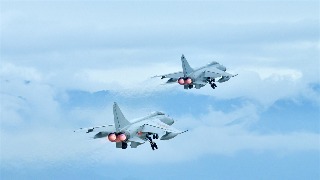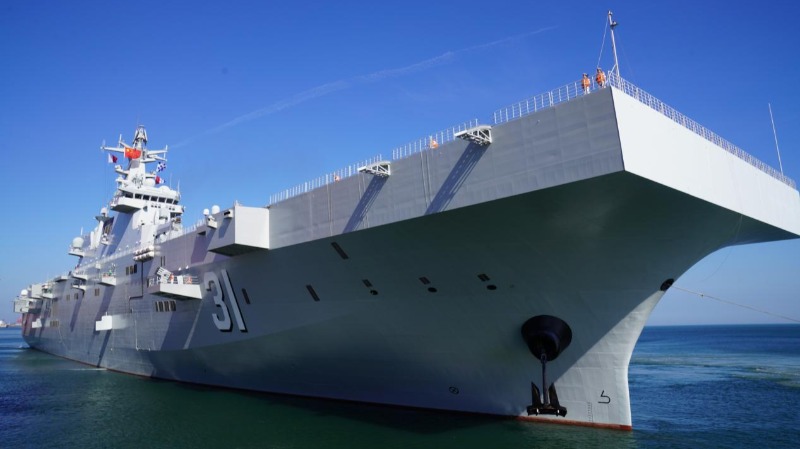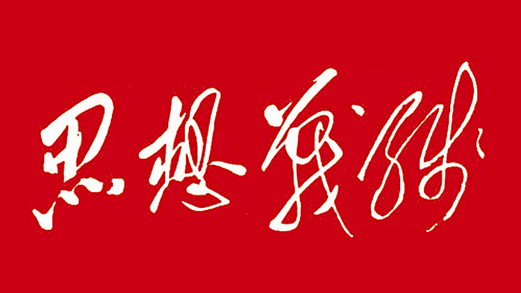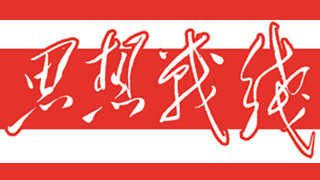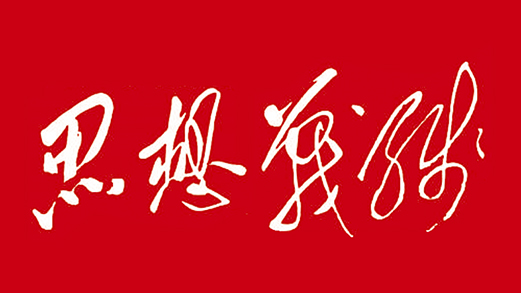By Zhang Gaosheng and Wang Yin'ge
Recently, US Secretary of Defense Lloyd Austin, Japanese Defense Minister Minoru Kihara, and ROK Defense Minister Shin Won-sik held a ministerial meeting in Singapore and decided to conduct a trilateral exercise code-named Freedom Edge for the first time this summer.
It is reported that the Freedom Edge trilateral exercise is a combination of the ROK-US joint exercise Freedom Shield and the US-Japan joint exercise Keen Edge. This exercise will cover multiple operational domains including air, sea, space, and cyberspace. Previously, the US, Japan and the ROK only conducted joint exercises in one single operational domain, such as the naval search and rescue exercise, missile warning exercise, and strategic bomber escort exercise. This will be the first time for a multi-domain joint exercise.
The US, as the leading force in the trilateral relationship with Japan and the ROK, values security cooperation and continuously takes measures to strengthen it to build a trilateral military alliance to exert deterrent pressure, thereby maintaining its hegemonic position in Northeast Asia. The Freedom Edge multi-domain joint exercise is a direct manifestation of its intention.
The joint exercise by the US, Japan, and the ROK has significant negative spillover effects.
First, it exacerbates the situation on the Korean Peninsula and increases regional security risks. The Korean Peninsula issue has persisted for many years without establishing a peace mechanism. The US, Japan, and the ROK, as key stakeholders in this issue, have continued to conduct provocative military exercises, creating an Asia-Pacific version of "mini-NATO" and sending stronger hostile signals. This behavior has caused the DPRK to perceive the threat as intensified, which in turn triggered a more intense chain reaction, squeezed the political space for coordination and cooperation among all parties on the Korean Peninsula issue, further escalated the already complex and severe situation on the peninsula, and profoundly affected the geopolitical and security landscape in Northeast Asia.
Second, it accelerates the formation of different camps and stimulates an arms race. The US, Japan, and the ROK disregard the historical trend of multilateralism, continue to pursue a "zero-sum game, winner-takes-all" idea, form exclusive "small circles" and "small groups" in the Asia-Pacific region, push trilateral relations towards a military alliance and heighten tensions of camp-based and confrontational atmosphere in the region. Moreover, in the process of strengthening security cooperation, the US has practically given Japan and the ROK greater autonomy in military operations, which objectively "loosened" and "relieved pressure" on their military development. This will further disrupt the regional military balance, intensify the arms race, and possibly lead to nuclear proliferation risks.
Third, it violates the basic principles of international relations and poses a significant threat to world peace and security. As influential developed countries, the US, Japan and the ROK should set an example in promoting world peace and development. However, they ignore the common voice of the governments and peoples of the world and persist in seeking self-interest at the expense of other countries' strategic security interests and people's well-being. As a result, they face opposition and resistance from regional countries and peoples, and widespread condemnation from the international community.
The Freedom Edge joint exercise of the US, Japan, and the ROK has complex political objectives and clear targets. History has shown that military deterrence does not help resolve regional hotspot issues and is detrimental to the maintenance of regional peace and stability. It is an unwise choice for any party to properly respond to the current situation via military deterrence.
At the 21st Shangri-La Dialogue, Chinese Defense Minister Dong Jun pointed out clearly, "The people of the Asia-Pacific region have always pursued harmony and love peace. We will not allow hegemony and power politics to harm the Asia-Pacific. Nor will we allow geopolitical conflicts, cold wars, or hot wars to be introduced into the Asia-Pacific. Nor will we allow any country or any force to create war and chaos here." The US, Japan, and the ROK should undertake their international responsibilities and obligations, conform to the historical trend of peace, development, cooperation, and win-win, and genuinely contribute to maintaining the prosperity and stability of the Asia-Pacific region.
The authors are respectively an assistant researcher at the Department of World Peace and Security, China Institute of International Studies, and a doctoral student at the Institute of International Strategy, Party School of the Central Committee of the Communist Party of China (National Academy of Governance).
Editor's note: Originally published on china.com.cn, this article is translated from Chinese into English and edited by the China Military Online. The information and opinions in this article do not necessarily reflect the views of eng.chinamil.com.cn.








